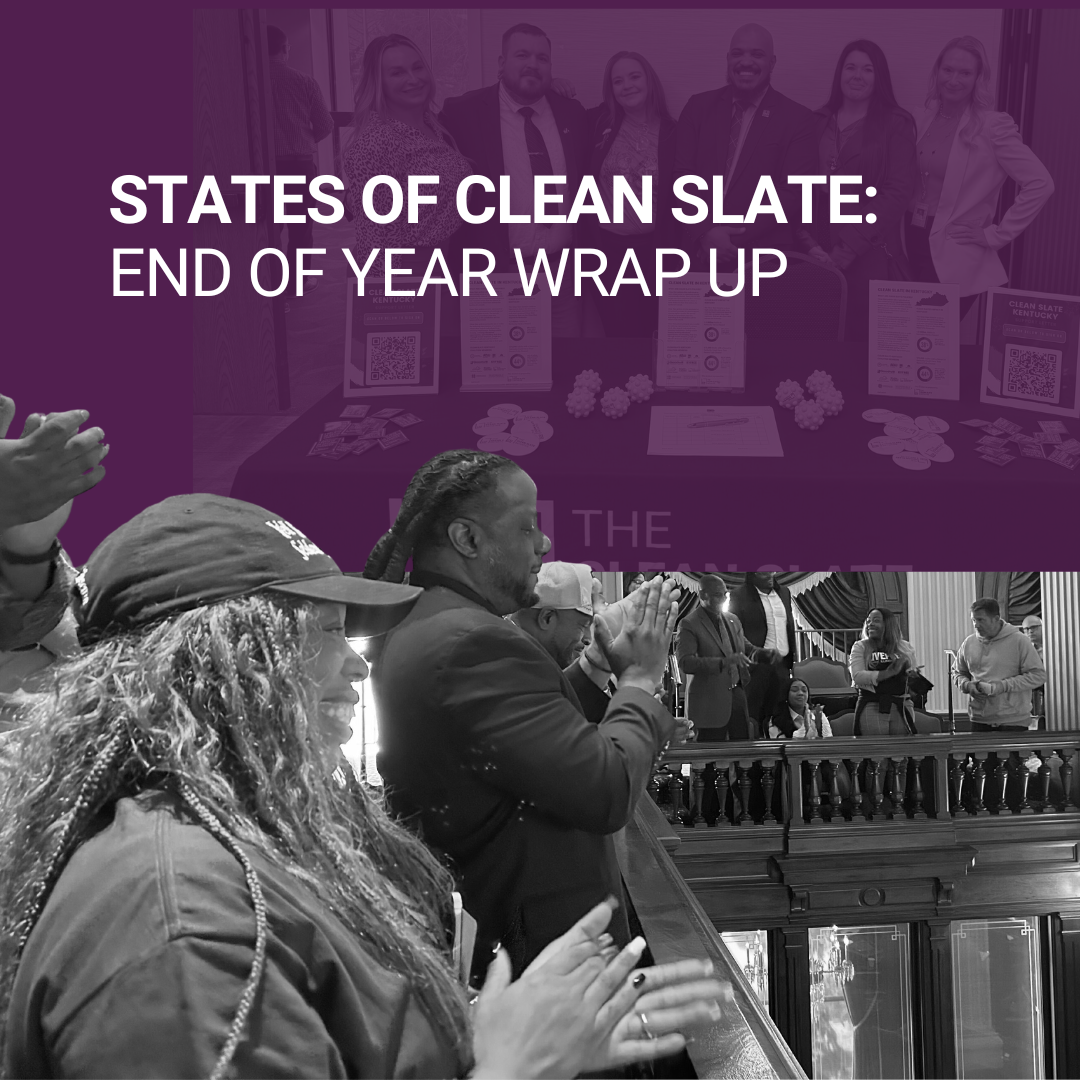Breaking New Ground: Ohio State Journal of Criminal Law Spotlights Clean Slate Research

The work to expand access to second chances has reached a milestone moment in research recognition. The Ohio State Journal of Criminal Law just published a special issue on collateral consequences, record relief efforts, and the concepts of fairness and justice for individuals and communities impacted by the legal system. This issue features several important academic articles on Clean Slate policies, including one by The Clean Slate Initiative (CSI) and two by researchers funded by CSI. Together, these articles provide fresh data, analysis, and recommendations that will help advocates, policymakers, stakeholders, and researchers better understand how record sealing can be designed and implemented to maximize equity, efficiency, and impact.
Understanding the Petition-Based Experience in Michigan
In The Expungement Process: Survey Evidence on Applicant Experiences, funded by The Clean Slate Initiative, researchers from the University of Michigan and University of Chicago conducted the first large-scale survey of expungement applicants and recipients in partnership with Project Clean Slate, a legal assistance program in Detroit, Michigan. The study reveals the real motivations that drive people to seek expungement — like pursuing jobs, housing, and reputation repair — while also highlighting how burdensome and confusing petition-based systems remain, even when legal assistance is available. The findings underscore the urgent need for simplified, automated, and equitable systems that don’t leave people behind.
Learn more and read the full article here.
Balancing Discretion and Uniformity to Advance Racial Equity
In Discretion and Uniformity in Criminal Record Clearance: Maximizing Impact and Racial Equity, CSI explores one of the toughest tensions in Clean Slate policy design: how to find the right balance between making individual decisions about records and applying consistent rules in an automated record-sealing system. The article makes a compelling case for designing Clean Slate policies that harness automation for routine record sealing decisions while reserving space for equitable, individualized review for more complex cases.
Learn more and read the full article here.
Evaluating the Intent and Impact of Clean Slate Policies Nationwide
In Understanding the Intent and Impact of State-Initiated Record Clearing Policies, funded by The Clean Slate Initiative, researchers from RTI International examine the promise and challenges of automatic record sealing. The study highlights the transformative potential of Clean Slate laws to expand access to employment, housing, and education while reducing recidivism and strengthening economic stability. At the same time, it identifies common barriers — from restrictive eligibility rules to outdated technology systems — and offers concrete recommendations to help states strengthen implementation and close the “second chance gap” that leaves millions without relief.
Learn more and read the full article here.
Why This Special Issue Matters
This is the first time that multiple major research contributions on Clean Slate policies have been published in a single law journal issue. This special collection signals the growing recognition that record sealing isn’t a niche reform — instead, it’s a critical issue at the intersection of justice, racial equity, and economic mobility. The research confirms what communities have long known: that access to second chances is transformative, but only if laws are designed and implemented with equity and efficiency at the center.
Together, these studies provide a roadmap for building systems that not only seal records, but also clear pathways to opportunity. We encourage advocates, policymakers, and researchers alike to dive into these articles, share them widely, and use their findings to drive Clean Slate policies forward across the country.
.avif)
.avif)




.png)